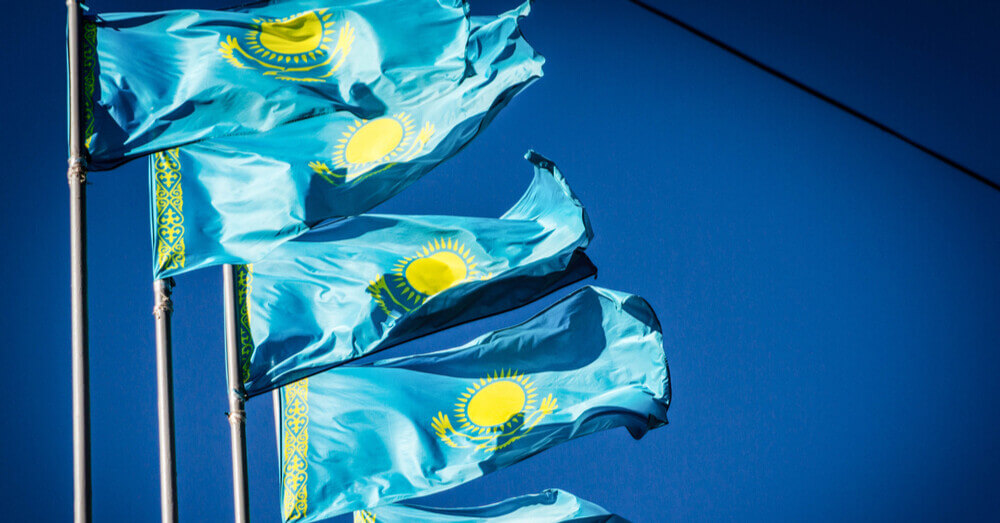
With an emerging crypto mining industry, the government considers making a pivot toward cryptocurrencies and other related technologies
Askar Zhumagaliyev, the Kazakh Minister of Digital Development, Innovation, and the Aerospace Industry, has revealed that the country is hoping to attract 300 billion KZT (around $738.4 million USD) in investments from cryptocurrency and digital mining firms in the next three years.
This was a part of Zhumagaliyev’s speech to the June 11 plenary session of the Senate — the upper house of Kazakh’s Parliament.
The deputies discussed a draft law for the regulation of digital technologies, which was forwarded to the parliament early this month. The draft law explicitly bans the issue and circulation of unsecured digital assets, with the key exception being “except as otherwise provided by law.”
In addition, the draft law does not ban digital mining since it does not consider it entrepreneurial activity.
Zhumagaliyev, addressing the deputies, explained that digital mining had become accessible to many crypto enthusiasts in Kazakhstan and noted the significant potential in the industry. Most crypto mining farms have been set up across the country: in the north, in the Pavlodar and East Kazakhstan regions, and in Uralsk.
“According to the report that we have prepared with international experts, we expect another 300 billion tenge (US$738.4 million) in the next three years as digital investments and in general, the further development of digital mining,” he said.
”I would like to note that there are 14 such digital farms in Kazakhstan and they are built near energy sources that can connect to them. They have already brought 82 billion tenges ($201.7 million USD) of investments in the country.” he explained further.
According to the Senate press service, the draft law is also intended to establish an authorised body to be in charge of personal data protection. This body’s main functions would involve the “regulation of public relations related to the use of digital technologies and the creation of conditions to implement projects in information and communication technologies, as well as establishing the legal basis for the creation and functioning of a national video monitoring system.”
However, this draft law stipulates that blockchain technologies will be taxed under existing laws and will not have new regulations drafted to accommodate them.
The Senate has adopted the document and it is now waiting for approval from the Kazakh President.

